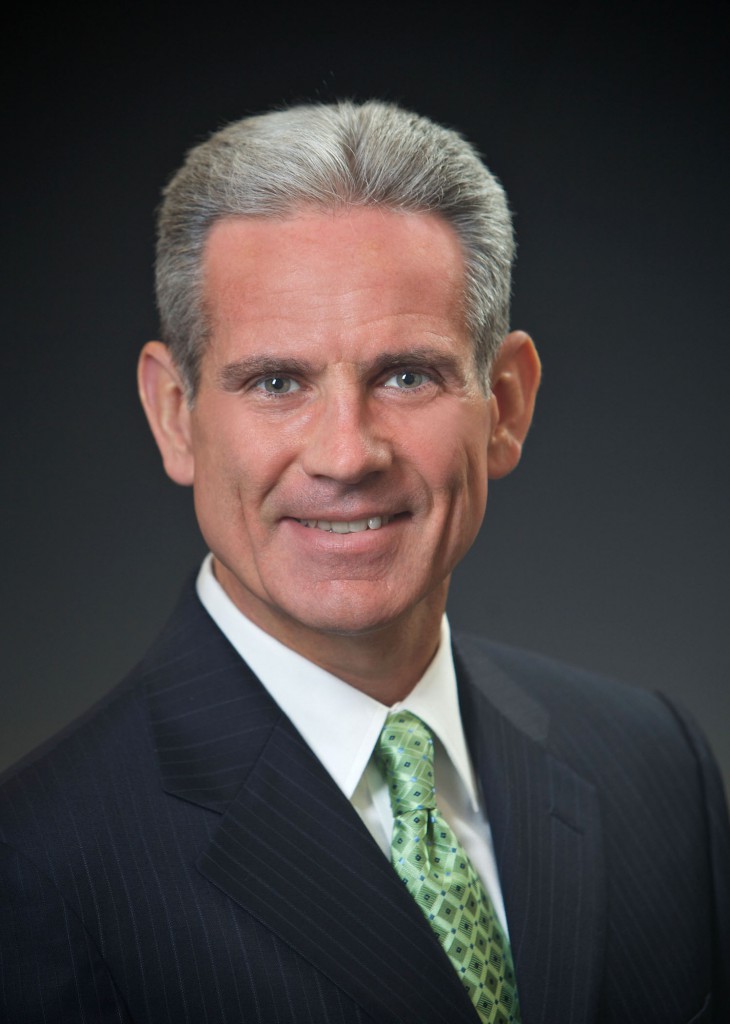Throughout 2015, we’ve shared tips and insights from some of the most well-known PR pros in the business such as Deirdre Breakenridge and Heather Whaling. To close out the year, we’ll be sharing advice from PR pros who spent time with us during last month’s New Pros event at PRSA ICON. So, whether you missed the sessions, need some motivation for 2016, or all of the above, we have some great tips for you in our expanded #TBT series, #PRTips from the Pros!
In this post, we’ll be sharing tips from PRSA Fellow Anthony D’Angelo.
Question 1: What was your biggest challenge as young professional, and how did you overcome it?
Establishing an understanding of public relations with my employer, who had a limited view of the field’s scope and purpose. Over time, I was able to demonstrate the breadth and effectiveness of public relations by applying our profession’s strategies to the work at hand. When employers or clients see public relations research, strategy, tactical creativity and evaluation methodologies advance relevant metrics, they have an “ah-ha!” moment.
Question 2: How did you learn to network comfortably at large events like PRSA ICON?
I’ve found that asking colleagues about their interests and their about their opinions relative to professional topics is an engaging way to network and to gain knowledge simultaneously. Networking starts with careful listening.
Question 3: When looking for potential employees, what young professional traits are most valuable to you?
Integrity, professional writing skills, inquisitiveness, helpfulness, a strategic perspective and a strong work ethic.
Question 4: When did you get involved with PRSA, and what tips do you have on young professionals just joining for the first time?
I was a PRSSA member as an undergraduate student, but I didn’t contribute enough effort to the chapter and count it as a lost opportunity in my early development. When I got my first agency job I joined PRSA and immediately volunteered to be the chapter newsletter editor. Mindful of how I underachieved with PRSSA, I gave it my best effort and it led to wonderfully rewarding relationships with local board members and additional volunteer assignments that were both enjoyable and career-enhancing. My tip to young pros is to raise your hand for an assignment and commit yourself to making it something you’re proud of. Then, “rinse and repeat” several times. You will be rewarded.
Question 5: If you could go back in time and give advice to yourself during your first year on the job, what would you say? “Tony, don’t focus so much on the work that’s right in front of you today, look to the horizon and reflect on all the ways you can help the organization advance its mission, goals and objectives. Commit to that bigger picture, and focus on it each day.”
About Anthony:
Anthony D’Angelo, APR, Fellow PRSA, joined Syracuse University’s S.I. Newhouse School of Public Communications as a professor of practice in public relations in August 2015 after serving in public relations leadership roles in the corporate and agency sectors for more than 25 years, most recently with ITT Corporation. Prior to that he worked for the St. Joseph’s Hospital Foundation, Magna International, United Technologies and Sage Marketing Communications. D’Angelo’s practice areas include change management, reputation management, branding and marketing communications.
He is national secretary-elect of the Public Relations Society of America (PRSA), past chair of its College of Fellows, and a founder of PRSA’s MBA program to bring strategic communications content to MBA curricula nationwide. D’Angelo’s pieces on the importance of strategic communications to organizational leadership have appeared in BusinessWeek, the Financial Times and The Public Relations Strategist, and he is a regular contributor to The Wall Street Journal’s “Crisis of the Week” column. He has presented seminars on change management at several conferences and universities over the last 15 years.


 The first thing to look at is if there is room for improvement in your current role. Figure out what it is that you like and dislike about your role, and how you could potentially address the dislikes. Often time’s employees are so hesitant to speak up to their managers about their dislikes on the job, when in reality, their managers may be able to help you see a way to make it more enjoyable.
The first thing to look at is if there is room for improvement in your current role. Figure out what it is that you like and dislike about your role, and how you could potentially address the dislikes. Often time’s employees are so hesitant to speak up to their managers about their dislikes on the job, when in reality, their managers may be able to help you see a way to make it more enjoyable.



